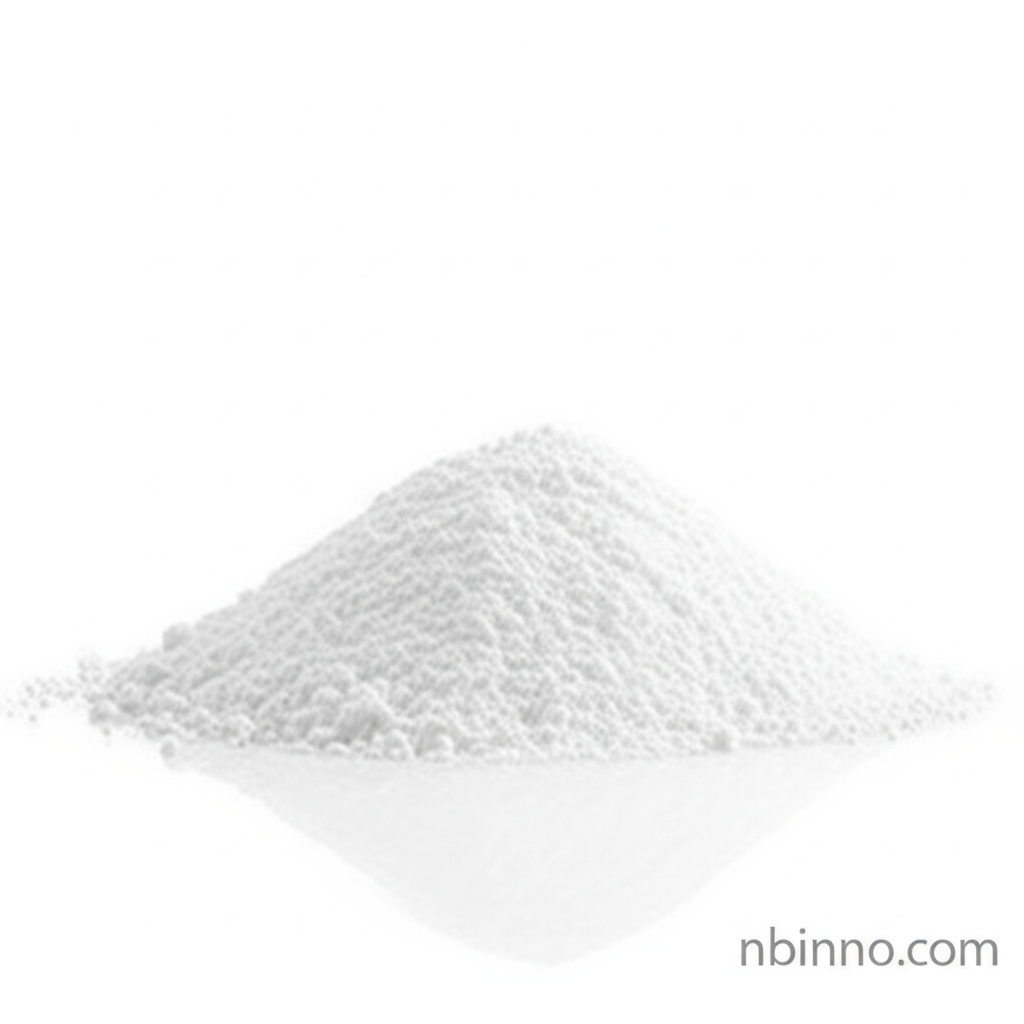Spiramycin Powder: A Potent Antibiotic for Human and Veterinary Health
Discover the broad-spectrum efficacy of Spiramycin powder for treating bacterial infections in both humans and animals.
Get a Quote & SampleProduct Core Value

Spiramycin Powder
Spiramycin is a highly effective macrolide antibiotic and antiparasitic, crucial for managing a range of bacterial and parasitic infections. Its unique mechanism inhibits bacterial protein synthesis, making it a valuable therapeutic agent.
- Explore the various uses of spiramycin powder for respiratory infections, addressing conditions like bronchitis and pneumonia with its potent antibacterial action.
- Learn about the veterinary spiramycin benefits, including its application in poultry health to combat Mycoplasma infections and improve animal welfare.
- Understand the spiramycin antibiotic mechanism, which targets bacterial protein synthesis, offering an alternative for infections resistant to other treatments.
- Discover the effectiveness of spiramycin for toxoplasmosis, a critical application in prenatal care to prevent fetal transmission.
Product Advantages
Broad-Spectrum Efficacy
Benefit from what is spiramycin and its broad-spectrum activity against Gram-positive bacteria, certain Gram-negative bacteria, mycoplasmas, and parasites.
Favorable Tolerance Profile
Experience a high degree of safety and minimal side effects, making buy spiramycin powder a preferred choice for long-term treatment regimens.
Tissue Affinity & Distribution
Leverage Spiramycin's excellent tissue distribution and slow release from tissues, ensuring sustained therapeutic levels and a long post-antibiotic effect.
Key Applications
Human Health
Utilized for treating respiratory infections, skin infections, and toxoplasmosis in humans, providing a safe and effective treatment option.
Veterinary Medicine
An essential tool in animal health, particularly for poultry and pigeons, to combat respiratory issues and Mycoplasma infections.
Pharmaceutical Research
Serves as a model compound in the development of new macrolide antibiotics and in studies addressing antibiotic resistance mechanisms.
Food Animal Production
Contributes to animal welfare in livestock production, ensuring healthier animals for safer food products.
